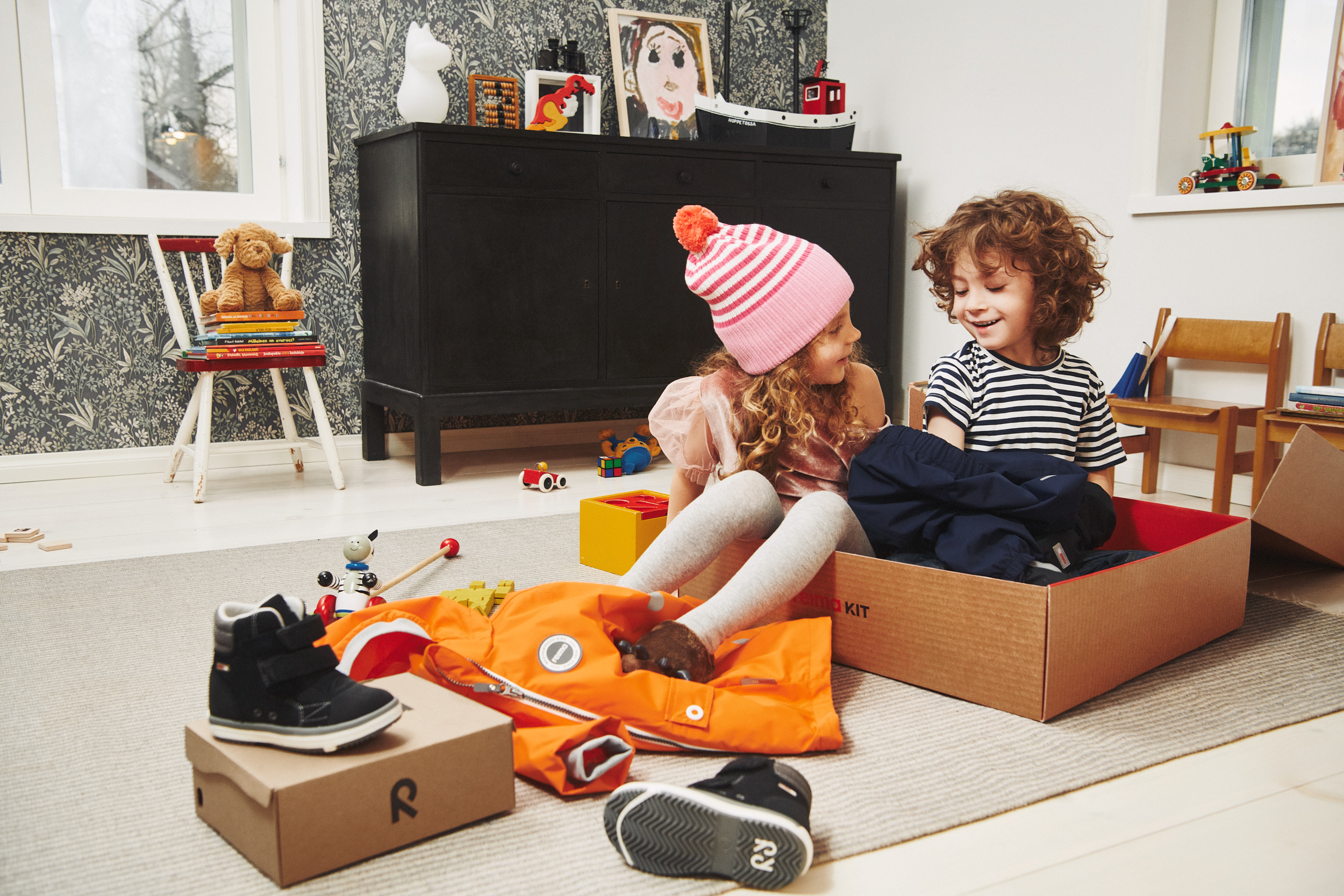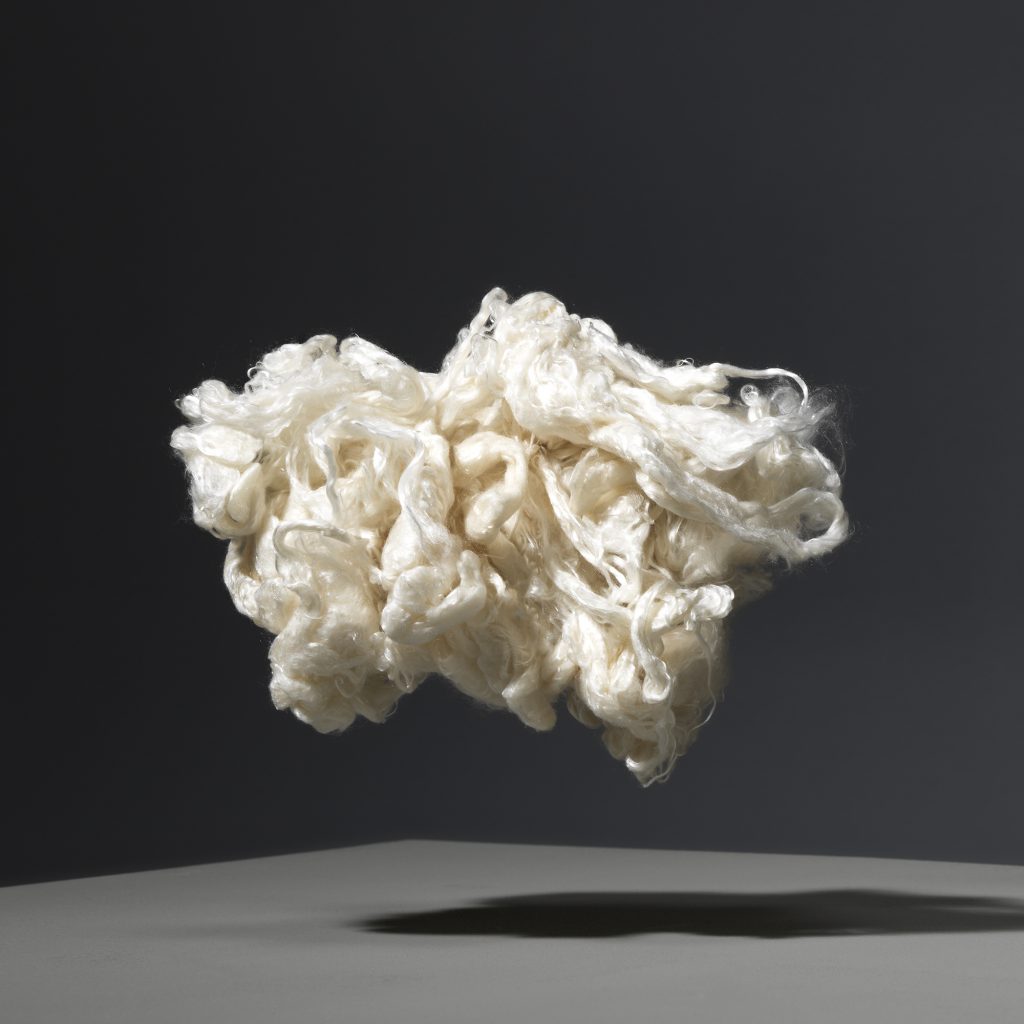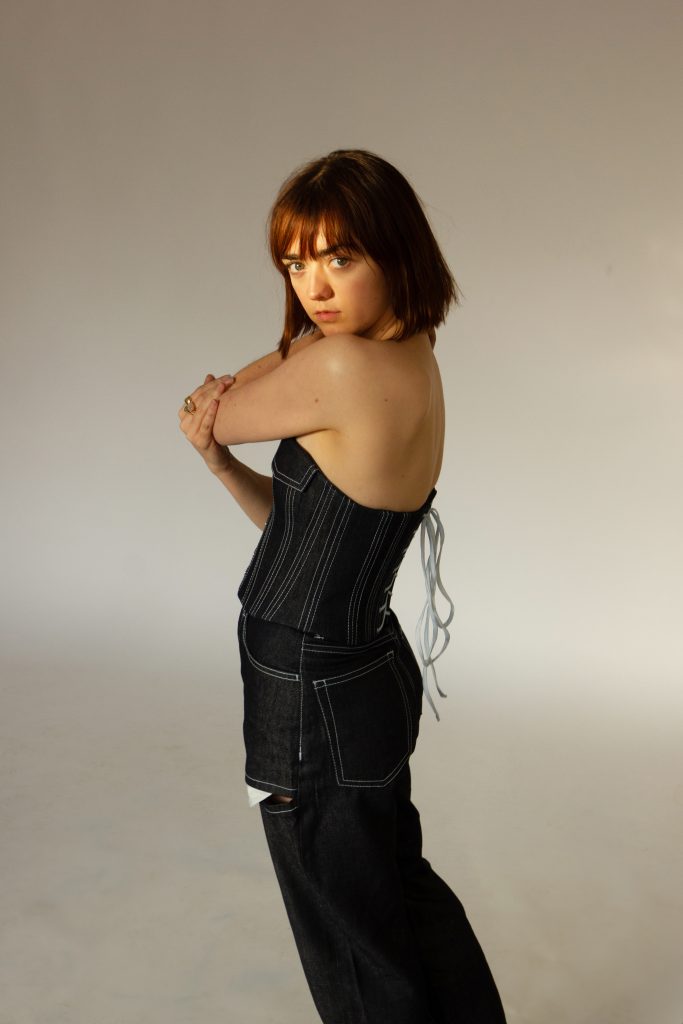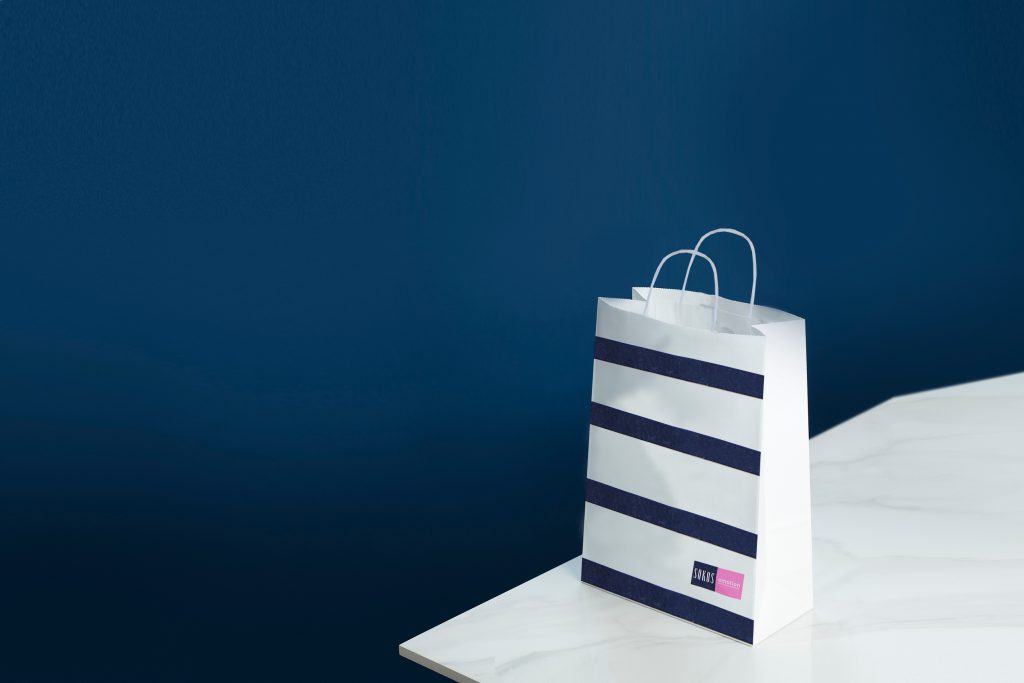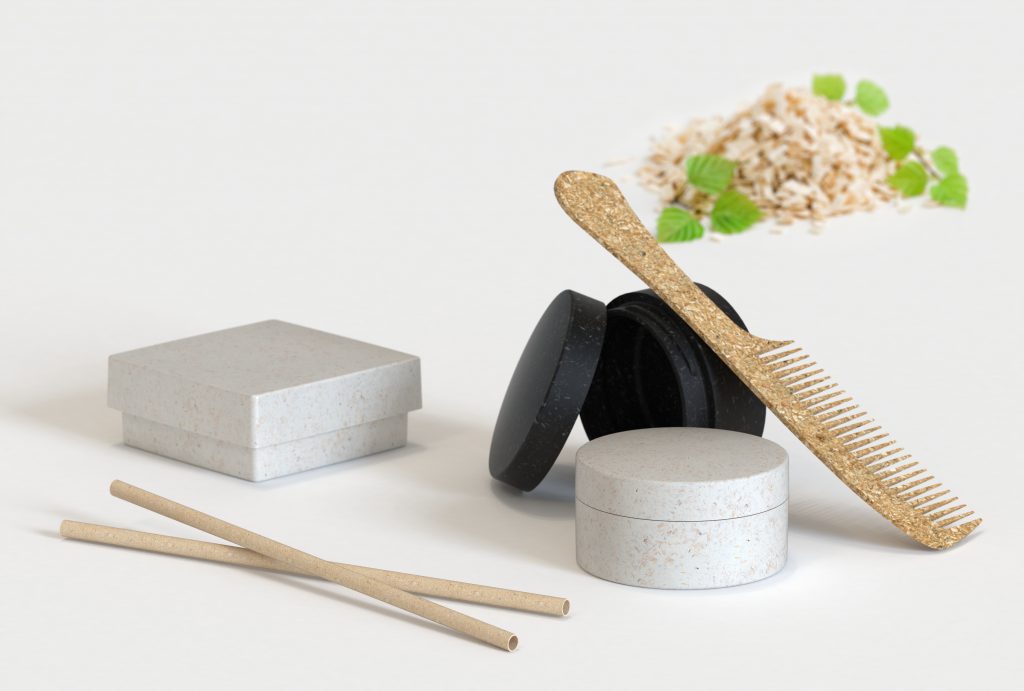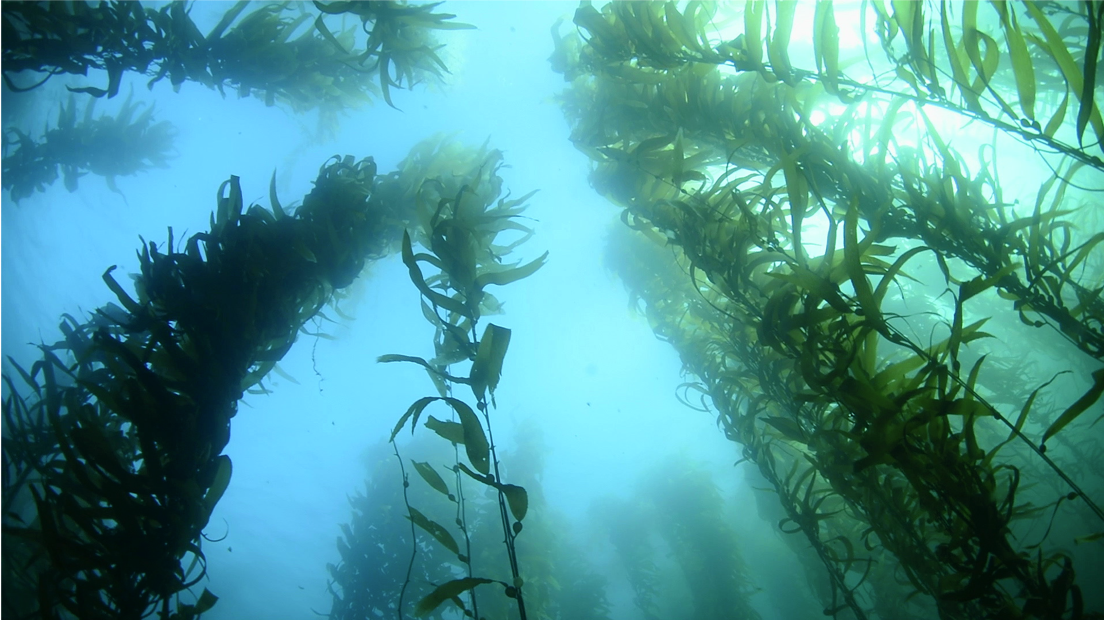A new innovative service from Reima - Monthly subscription model for children's outerwear
Reima has launched a new service that makes parenting a little easier by removing the hassle of shopping for children’s outerwear multiple times in a year. Reima Kit service delivers seasonal clothing to your home with a fixed monthly fee or a one-time payment. By partnering up with Emmy, a Nordic online store for pre-owned brand apparel, Reima is organising a convenient and effortless way to recycle the outgrown clothes.
In the beginning of the venturing process, Reima’s venture went from planning to first buyers in just 8 weeks and now a year later the service is fully part of Reima’s business. This was achieved with the work of the cross-functional team, a combination of Reima’s experts and external support including LOOP Venture builders, who all felt that the secret of the exceeded results were good communication and clear goals.
We were honoured to be part of this venture’s journey from the very beginning. Reima Kit is an excellent circular business example from the LOOP ecosystem. If you’re interested in piloting a venture like Reima, contact us and let’s start planning!

